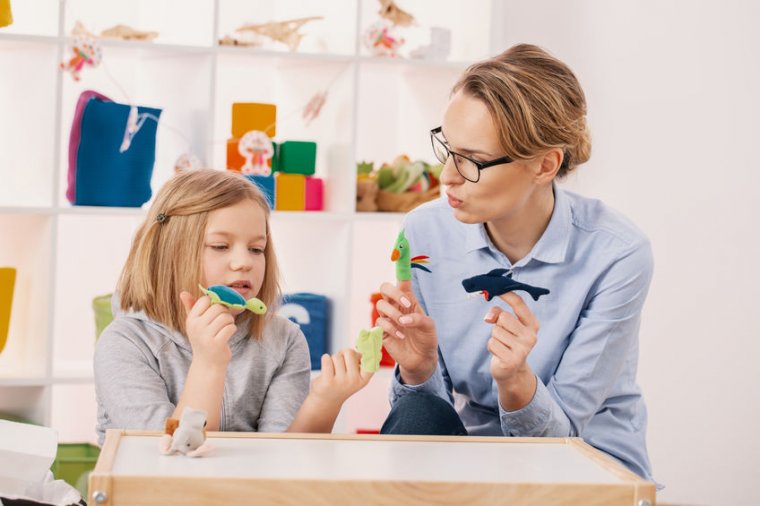
Does Your Child Suffer From?
- ADHD
- Poor peer or sibling relationships
- School Misbehavior
[caption id="attachment_1796" align="alignright" width="150"]
 Play Therapy in the City of Brotherly Love. Philadelphia[/caption]
Play Therapy in the City of Brotherly Love. Philadelphia[/caption] - Bed Wetting
- Aggression
- Excessive Tantrums
- Separation Anxiety
- Bereavement
- Nightmares or Disturbed Sleep
- Anxiety or Phobias
Has Your Child Experienced?
- Divorce or Parental Separation
- Trauma
- Chronic Illness
- Emotional, Physical or Sexual Abuse
- Sexual Acting Out
- Depression or Withdrawn Behavior
- Bullying
- Adoption or Foster Care
- Difficulty Making Friends If so, play therapy in Philadelphia will help!
Why play therapy in Philadelphia? National research has shown that play therapy is the most developmentally appropriate treatment modality for children between the ages of 3 and 11 years old. Play therapy uses a variety of play and creative arts techniques to alleviate chronic, mild and moderate psychological and emotional conditions in children that are causing behavioral problems and are preventing children from realizing their full potential. Play is the natural language of children. Play is spontaneous and uninhibited which gives the therapist greater insight as to what may be troubling the child. Children are not able to resolve their confusing feelings through words but can often communicate their troubles through play. The play therapist is trained to read the themes of play and help the parents guide the child towards a successful resolution.
What will happen during the first session of play therapy in Philadelphia? The first few sessions are spent getting to know your child and understanding the issues and problematic behaviors. The first evaluation session is with the parent(s) without the child, so that adults are able to talk freely about the issues. This includes addressing the present concerns and taking a developmental history. The second evaluation session is in the play therapy room with the parent (s) present with the child. This session is used to help understand the child’s symptoms in relation to the larger family context. The therapist’s understanding of the problem is shared, along with suggestions on how to work it. With your input, the therapist will develop an appropriate diagnosis and treatment plan.
After the two- part evaluation, the child’s play therapy sessions begin with twenty minutes of family therapy, which deals concretely with the issues of concern. During the family therapy, the therapist meets with the child and the accompanying parent. During the play therapy, the therapist meets in a playroom with the child. Through the play, the child’s conscious and unconscious communication allows for greater insight and resolution of the issues. The therapist discusses the meaning of the play with the parents at meetings that are held about once a month without the child present.
